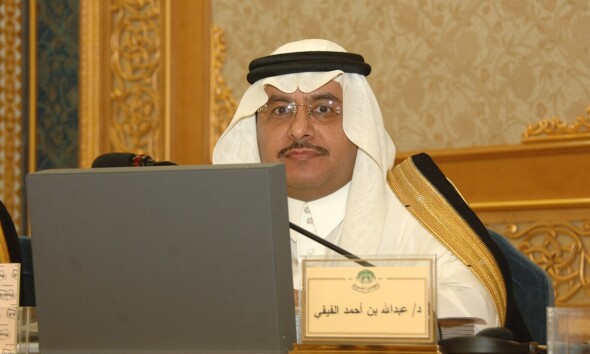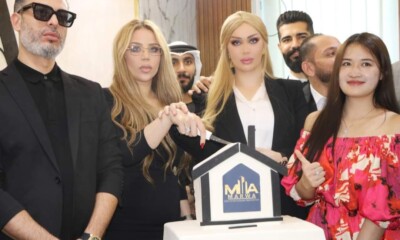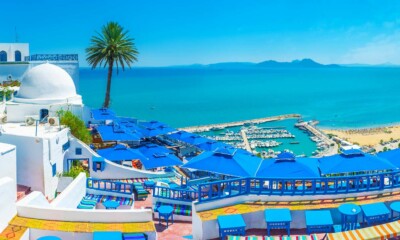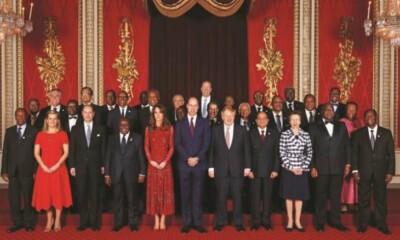Home » Interviews » Tunisian Culture and Heritage Conservation Minister, Sonia Mubarak, to Arabisk London: We Must Foster an Arab Civilizational Dialogue, with Tunisia’s Cultural Priorities Preceding Politics!!
Interviews
Tunisian Culture and Heritage Conservation Minister, Sonia Mubarak, to Arabisk London: We Must Foster an Arab Civilizational Dialogue, with Tunisia’s Cultural Priorities Preceding Politics!!
Published
2 years agoon
By
Huda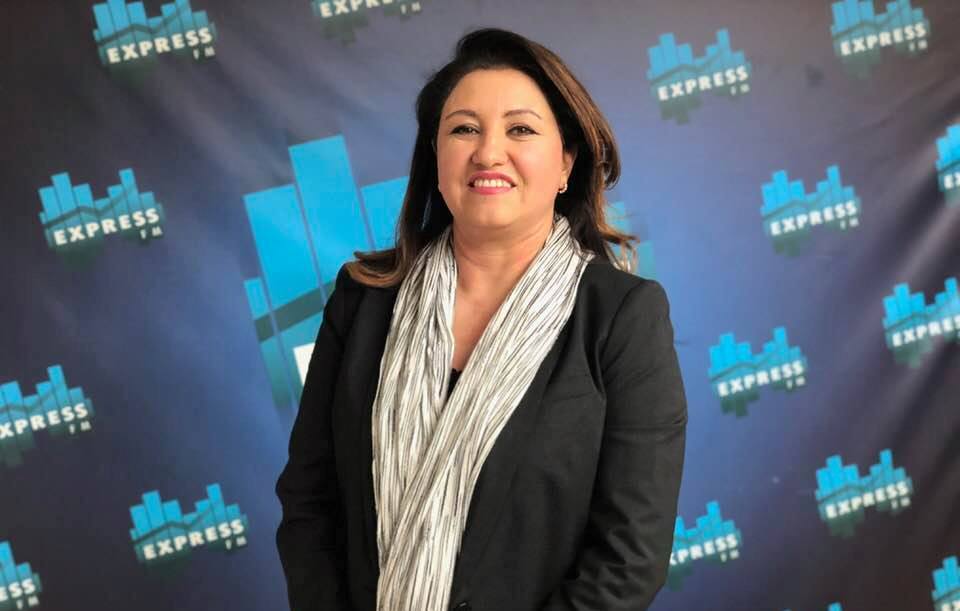
The artist, professor of political science, expert in governance and cultural policies, and Minister of Culture and Heritage Conservation, the researcher and lecturer at the Tunisian University, Dr. Sonia Mubarak, is among those who have amassed diverse and profound expertise in engaging with Tunisia’s women, society, literature, art, and politics.
She is not a passing figure, but rather an individual with a firm foothold in music and singing. Additionally, she is a pioneering woman, regarded as a beacon in human and rights activism, locally, regionally, and internationally. Through her powerful voice and refined artistry, she has managed to reach the hearts of her listeners around the globe carrying with her the authentic Arab artistic heritage and the timeless Tunisian taste. She has also brought to light marginalised humanitarian issues, all of which achieved through her persistent work, sincere reform efforts, and her commanding human and artistic presence.
In the present moment, Tunisia finds itself at a pivotal juncture, navigating a complex landscape of challenges and adversities across multiple domains. In this context, Arabisk London had an enthralling discussion, investigating both the public and private perspectives of Tunisia’s future, including the political, artistic, and cultural domains. The dialogue also delved into the significance of cross-cultural discourse in fortifying the bonds of citizenship and communal living, shedding light on her significant role as a collaborative partner with esteemed organisations like the United Nations Educational, Scientific and Cultural Organisation (UNESCO) and the Arab Organization for Education, Culture, and Science (ALECSO). Furthermore, the dialogue revisited her cherished memories with art and singing, casting the spotlight on her experiences in the British capital, London. This lively exchange encapsulated a multitude of insightful observations.
By: Mohsen Hasan
First of all, what’s new on the fronts of artistic, human rights, and political activism?
This trinity, represented by artistic, political, and human rights activism, is my constant preoccupation. Each facet reinforces the others, forming a cohesive whole. I believe that culture unites us, safeguarding our shared humanity and values across the spectrum of life, whether it’s politics, art, human rights, or even scientific pursuits. Culture and art have always been the heart of my Tunisian identity, serving as tools for enriching dialogues with diverse cultures. My primary focus has always centered on humanity, citizenship, and coexistence. The convergence of these three pillars; art, human rights, and politics, encapsulates my current endeavors, all part of a project to enhance cultural governance in Tunisia.
Could you elaborate on the concept of cultural governance? And what strides are being taken towards its realization?
In Tunisia, we find ourselves navigating a transformative course since the 1980s, and as of 2014, cultural rights have been embedded, encompassing the cherished liberties of expression, conscience, and the vibrant tapestry of cultural diversity. These rights have found their place in the July 2022 Constitution, intricately woven into the fabric of the nation’s political landscape. Yet, the call of the hour is to bring these rights to life, to breathe vitality into their practical manifestations on national, regional, and global stages. We currently stand at the forefront, vigorously defending our distinctive Arab identity and preserving the mellifluous cadence of our linguistic heritage amidst the tempestuous tides of diverse identities and languages. We stand poised to delineate our position, to architect our strategies for heritage preservation.
Therefore, I’m engaged in writing a book on the concept of cultural governance and its core principles, exquisitely tailored to the Arab and Tunisian context. At its very heart lies the recognition of the cultural rights we hold dear, the role of culture in the orchestration of our political and strategic destiny, embracing the panorama of the scientific, the digital, and the legal intricacies concerning intellectual property rights, extending beyond the mere art. My efforts are aimed at translating the Tunisian cultural rights into a tangible reality, an enterprise where intellectuals reclaim their rightful political, economic, social, digital, and legal stature. This is a critical step towards the much-anticipated rejuvenation, aiming to fortify the comprehensive Arab cultural identity.
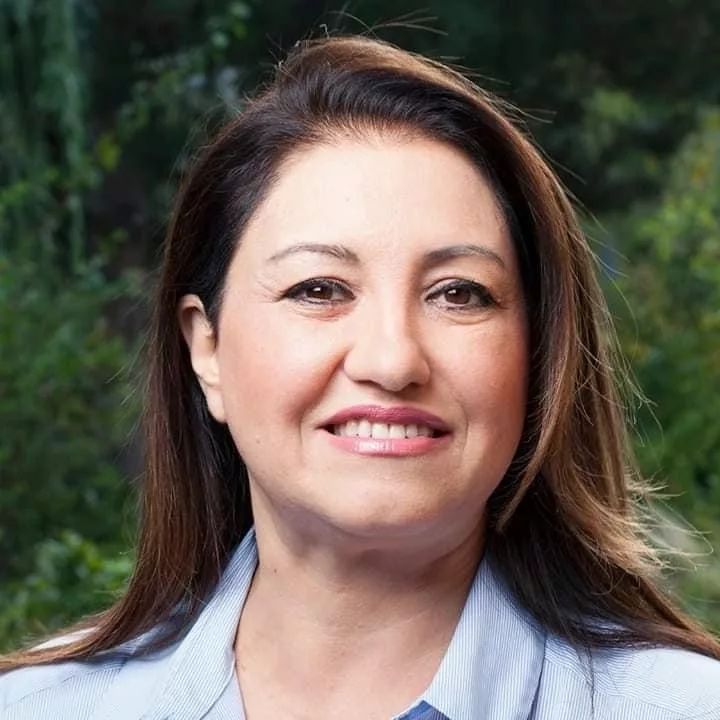
In your opinion, should the new global geopolitics influence the orientations of the Arab intellectual?
Certainly, yes; we are currently witnessing a new global order that necessitates not only updating the political orientations of the Arab intellectuals, but also calls for a comprehensive recalibration of how we harness our cultural, heritage, and scientific tools to promote our shared Arab culture on one hand, and to incorporate our local heritage identities within the broader Arab context on the other. We possess a wealth of these resources, yet the initiation must emanate from within, catalysed by the establishment of a professional cultural industry that keeps up with modern advancements and technologies.
To what extent should the Arab region engage in a civilizational dialogue among its nations?
It should, indeed, be of considerable magnitude. We, as Arabs, greatly need such a civilizational dialogue. In fact, this was one of the topics raised during my participation as a trainer and speaker in a training mission under the supervision of the UNESCO Office for the Middle East in Lebanon. The discussions emphasised the necessity of an Arab civilisational dialogue and its current essence, aimed at dispelling mutual ignorance regarding the local cultural experiences of Arab nations.
Tunisia’s cultural experience, for example, in terms of artistic practises, knowledge foundations for citizenship, social integration, cornerstones of the social compact, and the delicate interplay between culture and politics, is largely unknown to many Arab communities. Therefore, we’re in need of an Arab civilizational dialogue, through which we can exchange our knowledge and experiences, but with new tools.
How satisfied are you with Tunisia’s current political, social, and economic situation?
Since 2010/2011, Tunisia has entered a challenging arena in terms of its political, social, and overall economic dynamics. Some believed that the political change alone would be sufficient to produce the anticipated positive transformations, particularly in terms of reforms. However, the reality shows that change must be multidimensional and multi-level, going beyond mere shifts in political regimes. While Tunisia has experienced power transitions and a significant diversity among its political and party elites, the fundamental issue lies in the fact that the country’s political consensus lacked long-term criteria and genuine values of political culture to ensure its continuity and stability.
The concepts of democracy, freedom of expression, and the art of constructive disagreement were blurry and not effectively articulated among Tunisia’s stakeholders. Hence, we have yet to fully grasp the essence of meaningful change, especially concerning a mutually beneficial relationship between society and the state, that contributes to the development of a diversified community that protects individuals’ rights. Nonetheless, the opportunity remains favourable, and it is inevitable to experience fluctuating conditions during the course of democratic transition and transformation.
To what extent can we consider Tunisia’s current state as a success within its ongoing journey?
Tunisia has achieved some degree of achievement, most notably in establishing a pluralistic society and preserving the freedom of divergent opinions. Despite the multi-phased nature of Tunisia’s transitional process, it stands out as a distinctive and pivotal endeavour, driven by the unique facets of Tunisian society. However, challenges loom large, posing considerable obstacles to the seamless progression of this transition.
There is a significant separation between the political elite and the general public, which is undermining trust in the former. This mistrust has resulted in political instability, as seen by the frequent rotation of governments and positions. Regrettably, such insecurity has resulted in the waste of critical civic, political, economic, and human rights. Despite Tunisia’s great progress and the official acknowledgement of these rights by the governing authorities, the perceptible expression of these rights in Tunisians’ lives remains elusive. For example, while freedom of expression is theoretically protected, there is some ambiguity in how this fundamental right is really exercised. In my view, this confusion stems from our need for a cultural revolution, even in terms of the concepts related to political practices. This requires time to grasp and achieve, as we need a cultural shift in our understanding of these concepts.
What are the most pressing matters within the current Tunisian landscape?
There exists a genuine will for change in Tunisia, albeit this transformation must be guided by a system of universally recognised human values and rights-based principles. Shifting the social contract, for instance, necessitates redefining the alignment among the citizen, society, and state, fostering a seamless and harmonious relationship. Attaining citizenship should emanate from the respect for and application of the law, a principle universally upheld without exception. To accomplish this, Tunisians must reconcile with themselves and engage in conversation in order to stabilise Tunisia while keeping its leadership, unique political, cultural, and civilizational identity.
For the concept of a “state of law” to evolve from a mere slogan to a comprehensive, sovereign reality, it must be supported by its core pillars, with active participation from the entirety of the community, both civil and institutional, through a vibrant and creative participatory governance. During this process, cultural institutions have a pivotal role to play, unveiling, explaining, and raising awareness.
You have recently attended Kuwait University’s Arab Citizenship Conference. Is Tunisia grappling with a crisis of citizenship?
The topic of citizenship is a significant discourse in Tunisia, resonating strongly in political rhetoric, scholarly circles, and civil society for years. This concern has gained even more prominence today, as we find ourselves in need of igniting a “revolution in mindset” to truly realise the concept of citizenship. Challenges persist, but so do opportunities. At the Kuwait conference, my efforts were directed at identifying the key challenges facing the region, and emphasizing the importance of Arab countries engaging with the newly emerging concept of cultural governance, linking it to sustainable development programmes, and redefining the relationship between the state and the public. This relationship should transcend the conventional model of citizenship anchored in identity, belonging, rights, and duties. Instead, it should embrace a participatory paradigm, strengthened by responsibility and integration.
How can Tunisia navigate its way out of the political fragmentation?
Tunisia’s current transformative journey is a fascinating tapestry, intricately weaving together various cultures in its holistic approach and governance structure. There’s a resounding conviction that these shifts will breathe new life into prevailing paradigms across work, political dynamics, and cultural legitimacy, both locally and regionally. We mustn’t underestimate the impact of the unregulated global landscape, shaping and presenting culture as a geopolitical masterpiece, even a cultural geographical canvas. Thus, a crucial path ahead is embracing the power of education and knowledge as catalysts for social transformation, fostering creativity and innovation. Decision-makers need to appreciate the pivotal role of culture as a cornerstone for democratic governance, particularly when supported by principles of participation, solidarity, the indivisibility of human rights, and the rule of law.
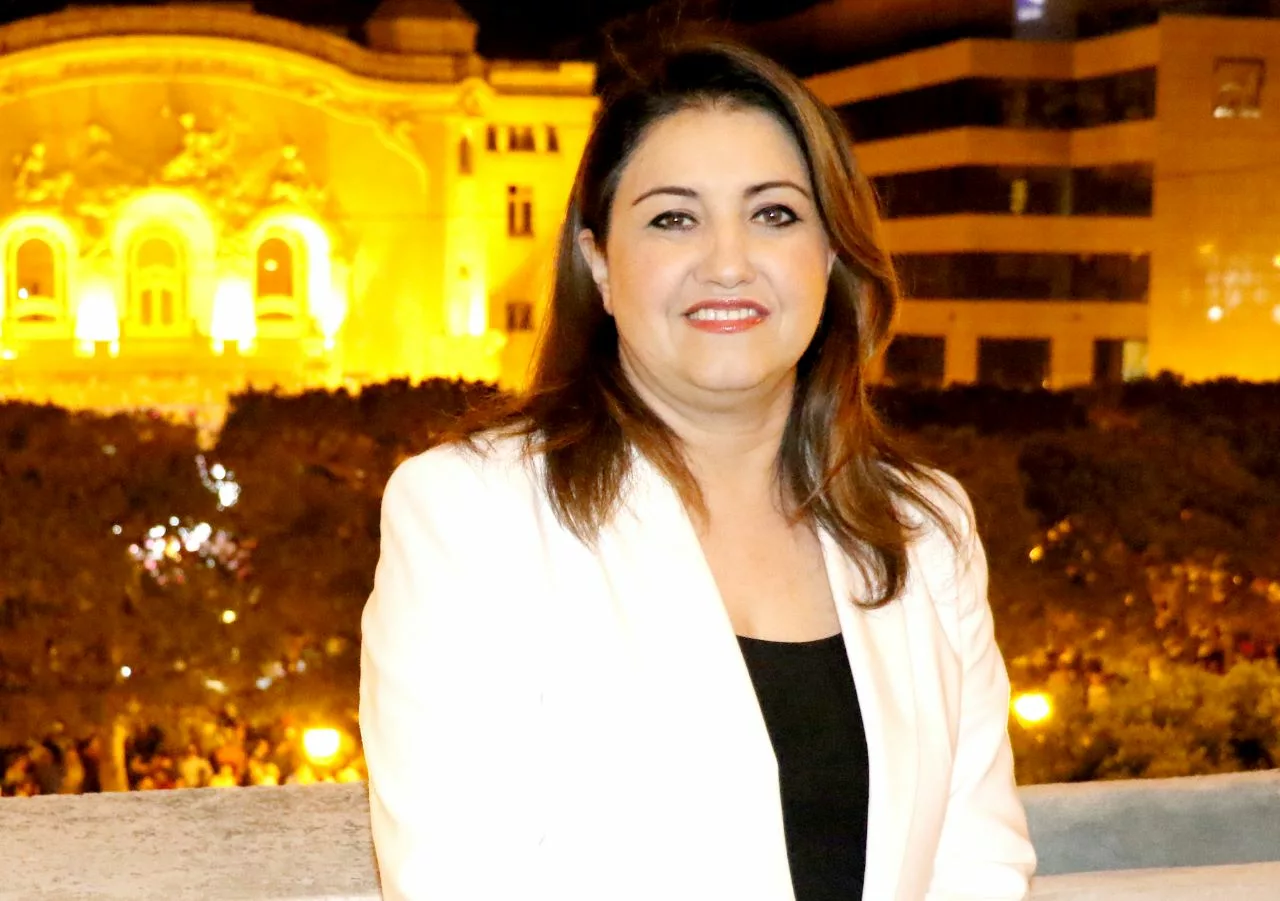
What specific advice would you offer to President Kais Saied?
In the broader context of progressive change, I align with those who recognize that real revolution lies within ideas and practices, a transformative shift that shapes and strengthens the very essence of citizenship. What I mean here is a comprehensive cultural revolution that forms the foundation for shared values, placing the citizen at the heart of the state’s concerns. This is the basis and perspective through which the social contract can be renewed. Furthermore, as President Kais Saied prepares to announce a Higher Education Council, I see it as as positive and essential in our society. I hope that culture is integrated with education, and that a wide range of experts are involved, making it a new societal covenant for all Tunisians.
Could you share the impact of your tenure as the Minister of Culture in Tunisia?
My experience as Minister of Culture was grounded in several practical and paradigmatic aspects. I prioritised a governance approach intertwined with solidarity as the guiding principle for the ministry’s endeavours. This manifested in the enhancement of inter-ministerial cooperation, leading to joint protocols with the Ministries of Education, Youth, Higher Education, Justice, Defence, Environment, and others. Additionally, I supported international collaboration, particularly with UNESCO and the European Commission, through programs like Med Culture and initiatives promoting Tunisia’s cultural sector. I established consultative committees comprising stakeholders from both public and private spheres, particularly in fields such as literature, cinema, music, visual arts, and more. This approach yielded initiatives like cultural schools in marginalized areas, a law to elevate the status of artists, and the expansion of cultural rights in prisons. Overall, my focus aimed at promoting an engaging and diverse cultural diplomacy, leveraging the wealth of our scholarly heritage and experience exchange, and emphasising a balanced cultural approach to combat extremism and violence.
From your perspective, how crucial is the universalization and granting of cultural rights to prisoners?
The importance of promoting cultural rights within the world’s prisons cannot be overstated. International statistics demonstrate and reinforce the growing feelings of exclusion and the rise of extremist ideologies, particularly within correctional facilities. Addressing this issue was imperative, and in Tunisia, for instance, we established libraries in all prisons, allowing offenders to pursue specialised studies and sit for examinations. We also created avenues for them to showcase their personal talents and creativity through activities such as drama, theater workshops, and various other intellectual and artistic endeavors.This is crucial if we are to combat extremism while also fostering integration and protecting young convicts from any extraordinary pressures or influences that may impede their prospects for self-improvement and rehabilitation, allowing them to return to society with a positive outlook, ready to engage constructively.
Why did you advocate for the Ministry of Culture to be granted a sovereign authority within the Tunisian state?
My perspective rests on a vital principle – the critical need for culture to shape and guide our political landscape, and in doing so, it should hold a status akin to other key ministries, such as Interior and Defence. Just as the latter defends our physical borders, culture is the guardian of our collective identity, intellect, and vision. This realisation emphasises the potency of cultural influence, far surpassing the power of cannons and aircraft, as it guards our identity. Furthermore, the diverse aspects of culture represent a burgeoning industry, a vital asset for our national economy and development. In Tunisia, we have laid out a comprehensive strategy since 2016 aimed at elevating the cultural sector to a paramount position, and my principle hope is that this strategy will be fully actualised, uniting our intellectual forces from diverse disciplines to drive the rejuvenation of our political and cultural paradigms across our society.
What role can the Tunisian Zitouna School play in preventing Tunisian adolescents from joining the terrorist organisation ISIS?
The Tunisian Zitouna School is among the oldest institutions specialised in Sharia and the fundamental religious doctrines, much like Al-Azhar in Egypt. It contributes to promoting a moderate and balanced approach to religious teachings, deeply ingrained in our values. This institution requires continuous guidance from moderate religious leaders, especially for the young generation, which is currently exposed to numerous questionable intellectual and ideological sources, often manipulating religious texts for ulterior motives. Therefore, schools like Zitouna, along with their counterparts in the Arab and Islamic world, hold particular importance in all intellectual, religious, and educational efforts aimed at safeguarding adolescents from radicalization, extremism, violence, and conceptual and humanitarian isolation.
As an artist and singer, what do you find in common between the English musical style and the Eastern musical style? And who tops your list of favorite singers from the United Kingdom?
There is, of course, a distinction between Eastern and Western music in terms of their origins, modalities, and rhythmic patterns. However, I am profoundly committed to investigating Anglo-Saxon musical experiences, such as (John Lennon’s) work, which I regard as a pioneering endeavour due to the artist’s profound artistic and musical references addressing peace and human cohabitation. I admire such expressions that advocate dialogue with the “other.” Additionally, I hold great affection for the voice of (Freddie Mercury), seeing it as a powerful vocal presence. In recent years, I’ve been particularly drawn to the work of (Sami Yusuf) for its unique fusion and creative harmony between Eastern and Western musical elements. In the end, regardless of its origins, music is a universal language of coexistence and communication, a sentiment shared even by non-musicians, including luminaries like (Ibn Khaldun) and (Mustafa Lutfi Al-Manfaluti). For musicians, such as (Mohammed Abdel Wahab), music is nourishment for the soul—a necessity for life, dialogue, and joy.

As we draw this discourse to a close, could you kindly regale us with tales of your artistic journey and cherished recollections in the United Kingdom?
In the year 2015, I had the honour of performing an Andalusian musical spectacle at the venerable Southbank Centre in the heart of London, precisely within the QueenElizabethHall. This performance was an exquisite showcase, featuring a melange of Tunisian musical compositions, bearing the imprint of my own creative endeavours, intertwined with verses and melodies from amazing Arab and Western luminaries such as (Aboul-Qacem Echebbi), (Nizar Qabbani), (Al-Hadi Al-Jaoui), the Spanish poet (Federico Garcia Lorca), and other renowned voices. It’s worth noting the official nature of this musical exchange, a testament to the diplomatic dance between Tunisia and the United Kingdom, an embodiment of the commitment to celebrating diverse cultural nuances and fostering deeper mutual understanding. The effervescent success of the performance is indelibly etched in my mind, buoyed by the vibrant tapestry of the audience, a symphony of over thirty distinct nationalities harmoniously converging. This is a memory that glows, a cherished keepsake, igniting my optimism for a forthcoming performance bathed in even greater acclaim and a wider resonance in the not-so-distant horizon.
The experience, I must admit, was truly exhilarating, particularly due to the official nature of this musical exchange, an embodiment of cultural diplomacy between the Tunisian and British states. It stresses the dedication to promoting cultural diversity and fostering a deeper appreciation of each other’s civilizations. The rapturous success of the performance remains etched in my memory, buoyed by the splendid diversity of the audience, representing over thirty different nationalities. It’s a memory I hold dear and will undoubtedly cherish, nourishing my hopes for yet another resplendent display, resonating with even greater acclaim and a broader presence in the near future.
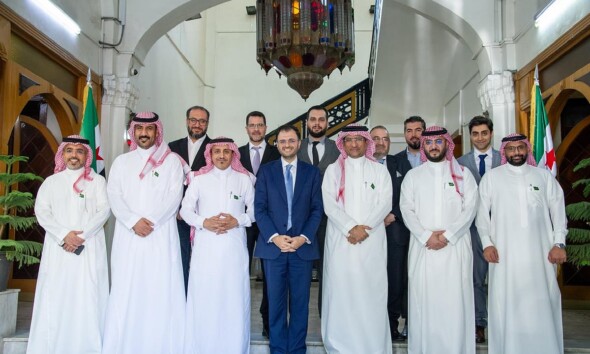
A Saudi-Syrian Accord: Anticipated Investments in Key Sectors

Saudi Tourism Introduces Summer 2025 Programme: ‘Colour Your Summer’
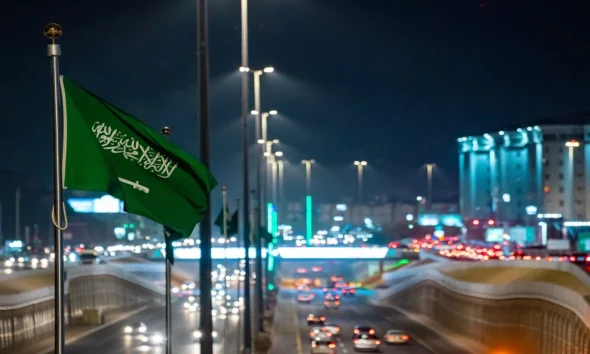
Madinah 2025: A Cultural Renewal & Finalising the KSA’s Vision
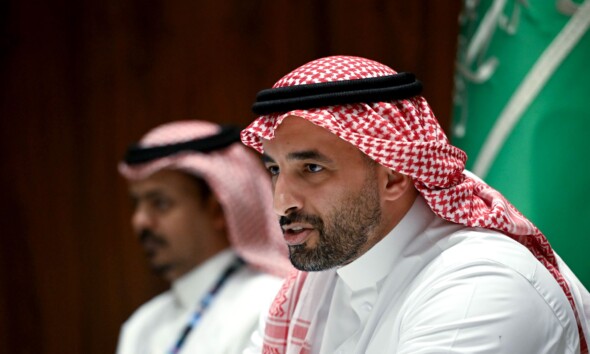
The Saudi Dr. Abdulaziz Al-Bassam: A National Leader with Global Insight
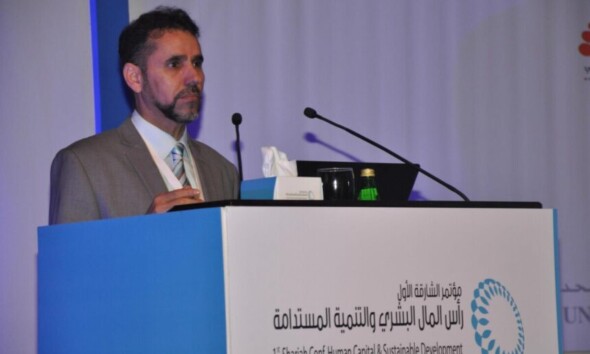
Hamied Al-Hashimi: The New KSA’s Political Realism Exceeds Conventional Calculations
